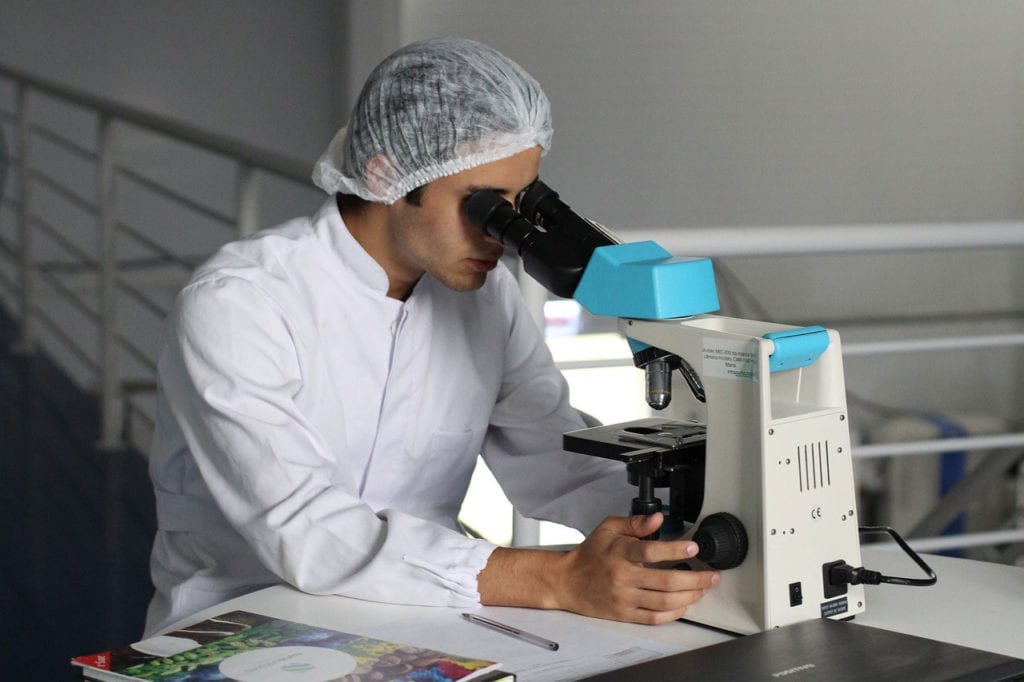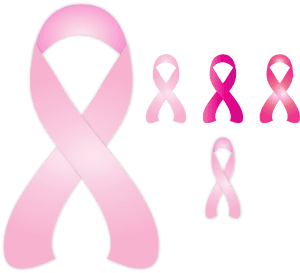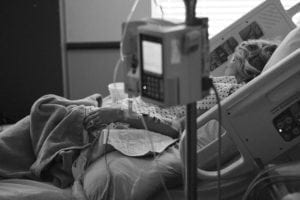According to a publication from the University of Edinburgh, a new study found a set of 37 genes that were highly expressed in breast cancer tumour-associated macrophages (or TAMs – a type of immune cell present around solid tumors that causes inflammation) when compared to healthy tissues. The study also found certain changes in the activity of these tumor-targeting immune cells that researchers hope might one day help develop new anti-cancer therapies.
Pattern of Genetic Expression
Researchers in the study focused on immune cells in the endometrium (the lining of the womb) and in breast cancers. Prior to the research, not much was known about these cancer immune cells. Scientists wanted to better understand them, so that they might potentially be targeted in new therapies and treatments.
Over the course of the study, researchers identified a collection of 37 genes that were found to be particularly strongly expressed in the immune cells around breast cancer tumors. In addition to what was an already exciting finding, the correlation was also observed to be especially pronounced in aggressive cancers like triple-negative breast cancer. It was also more generally linked to shorter periods of survival among the patients.
Two genes in particular, SIGLEC1 and CCL8, were found to be linked to patient mortality rates. The researchers hope that in the future, these two, and others of the 37 identified genes, might be targeted for the development of new anti-cancer therapies.
It’s in Your Blood
Curiously, the scientists also found that the blood of individuals with endometrial or breast cancer was different from the blood of healthy people. Researchers noted functional differences between the monocytes (the largest type of white blood cell) of the healthy group and the cancer group.
The differences observed in the blood tests, as well as the suspected genetic link, raise hopes for the identification of new, reliable biomarkers that might help physicians diagnose various cancers. Detecting certain cancers can be difficult, especially if they present no obvious symptoms. The early detection and treatment of cancer remains the best method of treatment for most forms of the disease, and the University of Edinburgh research will hopefully one day make it easier to diagnose and treat early.
“Cancer” is a tremendously complicated group of what is really hundreds of different conditions. Why might it be important to identify a suspected cancer patient early and accurately? Share your thoughts with Patient Worthy!







